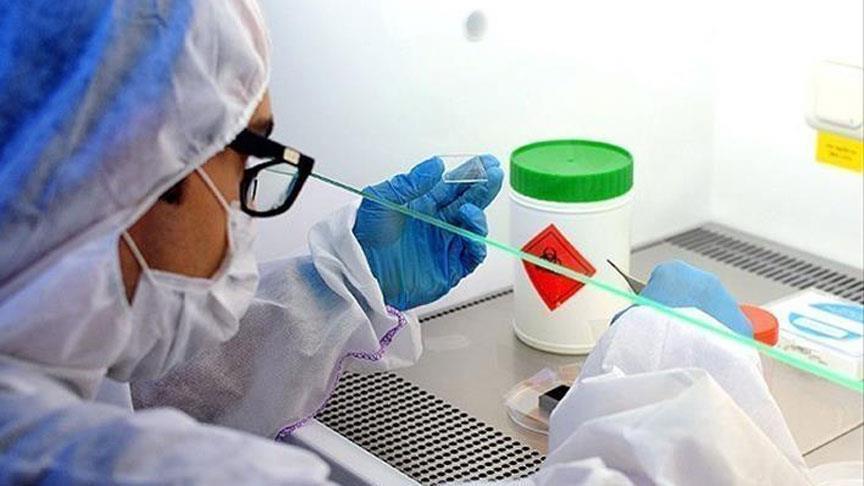Food is fuel for your body. It has a direct impact on how you feel as well as on your overall health. Fast food isn’t necessarily bad, but in many cases it’s highly processed and contains large amounts of carbohydrates, added sugar, unhealthy fats, and salt.
Axar.az presents effects of fast food on our body:
Digestive and Cardiovascular Systems
Many fast foods and drinks are loaded with carbohydrates and, consequently, a lot of calories. Your digestive system breaks carbs down into sugar (glucose), which it then releases into your bloodstream. Your pancreas responds by releasing insulin, which is needed to transport sugar to cells throughout your body. As the sugar is absorbed, your blood sugar levels drop. When blood sugar gets low, your pancreas releases another hormone called glucagon. Glucagon tells the liver to start making use of stored sugars.
When everything is working in sync, blood sugar levels stay within a normal range. When you take in high amounts of carbs, it causes a spike in your blood sugar. That can alter the normal insulin response. Frequent spikes in blood sugar may be a contributing factor in insulin resistance and type 2 diabetes.
Sugar and Fat
Added sugars have no nutritional value but are high in calories. According to the American Heart Association, most Americans take in twice as much sugar as is recommended for optimal health. All those extra calories add up to extra weight, which is a contributing factor for getting heart disease.
Trans fats are a manufactured fat with no extra nutritional value. They’re considered so unhealthy that some countries have banned their use. Often found in fast food, trans fats are known to raise LDL cholesterol levels. That’s the undesirable kind of cholesterol. They can also lower HDL cholesterol, which is the so-called good cholesterol. Trans fats may also increase your risk of developing type 2 diabetes.
Sodium
Too much sodium causes your body to retain water, making you feel bloated and puffy. But that’s the least of the damage overly salted foods can do. Sodium also can contribute to existing high blood pressure or enlarged heart muscle. If you have congestive heart failure, cirrhosis, or kidney disease, too much salt can contribute to a dangerous buildup of fluid. Excess sodium may also increase your risk for kidney stones, kidney disease, and stomach cancer.
High cholesterol and high blood pressure are among the top risk factors for heart disease and stroke.
Respiratory System
Obesity is associated with an increase in respiratory problems. Even without diagnosed medical conditions, obesity may cause episodes of shortness of breath or wheezing with little exertion. Obesity also can play a role in the development of sleep apnea, a condition in which sleep is continually disrupted by shallow breathing and asthma.
A recent study published in the journal Thorax suggests that children who eat fast food at least three times a week are at increased risk of asthma and rhinitis, which involves having a congested, drippy nose.
Central Nervous System
A study published in the journal Public Health Nutrition showed that eating commercial baked goods (doughnuts, croissants, and, yes, even bran muffins) and fast food (pizza, hamburgers, and hot dogs) may be linked to depression. The study determined that people who eat fast food are 51 percent more likely to develop depression than those who eat little to no fast food. It was also found that the more fast food study participants consumed, the more likely they were to develop depression.
A junk food diet could also affect your brain’s synapses and the molecules related to memory and learning, according to a study published in the journal Nature. Animal tests have shown a similar effect. Rats fed a steady diet with over half the calories from fat (similar to a junk food diet) for just a few days had trouble completing a maze they had previously mastered in a 2009 study.
Skin and Bones
Chocolate and greasy foods are often blamed for acne, but they’re not the real culprits. It’s carbs that are to blame. According to the Mayo Clinic, because foods that are high in carbohydrates increase blood sugar levels, they may also trigger acne.
The study in Thorax showed a higher risk of eczema (inflamed, irritated patches of skin) among children with a diet high in fast food.
When you consume foods high in carbs and sugar, bacteria residing in your mouth produce acids. These acids can destroy tooth enamel, a contributing factor in dental cavities. When the enamel of your tooth is lost, it can’t be replaced. Poor oral health has also been linked to other health problems.
Excess sodium may also increase your risk of developing osteoporosis (thin, fragile bones).























































